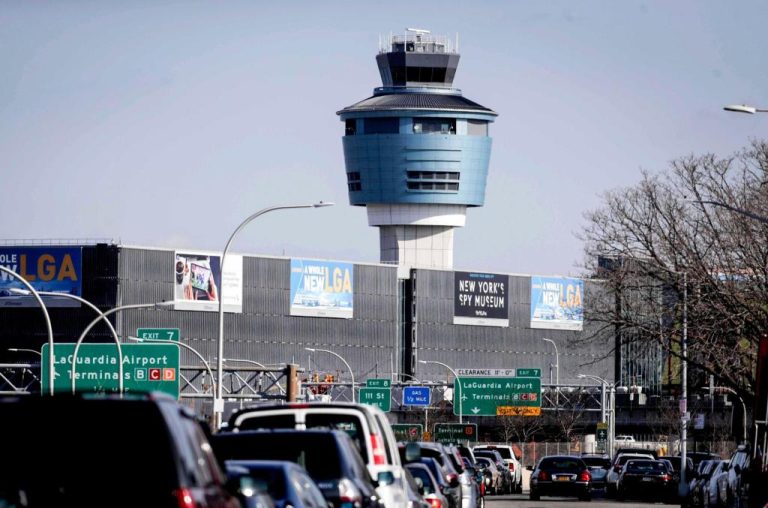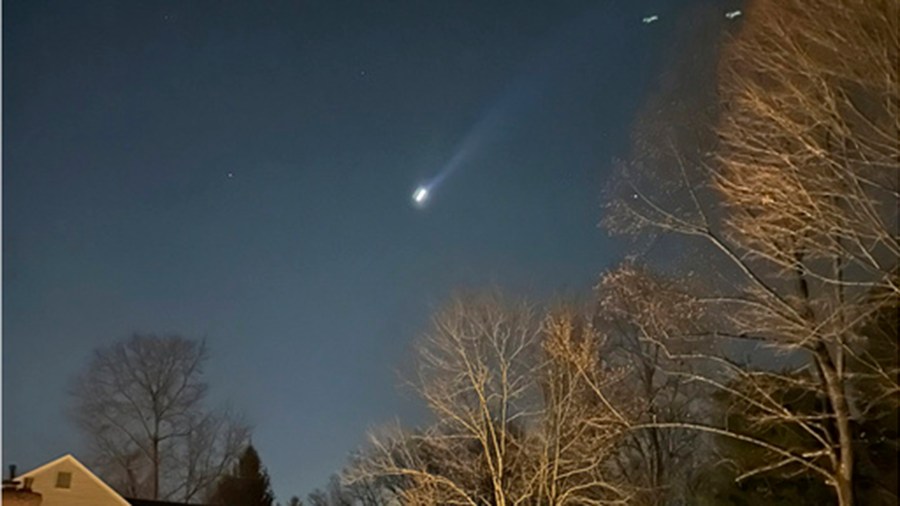

The election in San Diego County is now officially a wrap, with the Nov. 5 vote certified last week.
Yet questions linger about how two marquee races ended with lopsided results despite millions of dollars being spent for unsuccessful challengers.
County Supervisor Terra Lawson-Remer defeated former San Diego Mayor Kevin Faulconer by nearly 13.98 percentage points. Mayor Todd Gloria was re-elected over police Officer Larry Turner by 10.7 points.
Not to be overlooked is that the incumbents also had big money, institutional support from the Democratic Party, organized labor, and, in Gloria’s case, some business interests.
Some analysts have suggested Gloria performed poorly, with a closer margin than other victorious incumbents while facing a political unknown. Still, it was a substantial, double-digit victory, given public concern over growing homelessness, city land transactions gone awry and general disgruntlement with the direction of municipal government.
Finger-pointing within losing campaigns is a post-election ritual. But internal campaign surveys and public polls throughout the election have come under particular scrutiny — also a common staple of election postmortems. Polling is often used to persuade candidates and donors that a race is winnable.
Turner, a political independent, advanced from the March primary as an under-resourced protest candidate for voters unhappy with Gloria.
The race was jolted in September when Point Loma attorney Steven Richter made a $1 million political contribution to the Lincoln Club of San Diego County, which put almost all of the money into an independent campaign to defeat Gloria and elect Turner.
That same month, The San Diego Union-Tribune published a SurveyUSA poll that showed Gloria’s lead over Turner had shrunk to 4 points, down from 13 in July. It’s not known whether that or other polling had anything to do with Richter’s contribution. The low-profile attorney, who had been contacted by at least one Lincoln Club member prior to his donation and was previously unknown in San Diego political circles, has declined interview requests from the Union-Tribune.
Another SurveyUSA poll published on Oct. 22 indicated Gloria had more than bounced back, expanding his lead to 16 points, with the previously large number of undecided voters breaking for the mayor.
Three days later, La Prensa posted results on the social media platform X from another, unidentified poll that showed Gloria up by just 6 points. That survey was conducted for the Lincoln Club by the consulting firm 1892, where former Lincoln Club Executive Director Brian Pepin is a senior vice president.
Around that time, Richter donated another $450,000 to the Lincoln Club effort for Turner.
Ultimately, the Gloria camp had a big advantage in fundraising.
Neither Pepin nor current Lincoln Club Executive Director Victor Lopez responded to requests for interviews.
In the supervisor’s race, an early poll by Competitive Edge Research apparently was a factor leading to Faulconer’s candidacy. Later in May, La Prensa reported Competitive Edge had Faulconer leading Lawson-Remer by about 7 points, with nearly half of those surveyed undecided.
There appeared to be no public polls on the supervisor race. But internal surveys for independent pro-Faulconer campaigns by the Lincoln Club and the Building Industry Association of San Diego showed Faulconer in a good position, according to people familiar with the polls.
The former mayor and City Council member had high name identification in the coastal District 3, while the incumbent was much less known. So the campaigns tried to define Lawson-Remer early on by hammering her on homelessness and raising questions about missing meetings.
Through October, some $5.6 million was raised by various committees for the supervisor race, with Faulconer having the advantage, fueled in part by the prospect that he would flip the Board of Supervisor’s 3-2 Democratic majority.
Homelessness was a double-edged sword, however. Faulconer pointed to declining homeless numbers while he was mayor, but it was still a big problem in the public mind during that time. His reign was better known for a deadly hepatitis A outbreak that in part was attributed to unsanitary conditions at street encampments. Lawson-Remer reminded voters of that.
Meanwhile, Lawson-Remer put out numbers disputing the absenteeism claims and the issue became a bit muddled over which meetings the Faulconer camp claimed she was missing.
A late September poll by one of the independent pro-Faulconer campaigns suggested the messaging was not penetrating with voters. The Faulconer camp then began highlighting his more liberal positions supporting access to abortion, gun control, LGBTQ rights and combatting climate change.
The Faulconer forces also may have failed to identify the potency of the city’s 101 Ash St. boondoggle he engineered as mayor and how a key political backer, developer Doug Manchester, profited from the real estate transaction.
In the end, the biggest fundamental problem for Faulconer was there at the beginning: his 2020 endorsement of President Donald Trump for re-election. Remarkably, that was another liability the Faulconer camp underestimated in a heavily Democratic district.
The Lawson-Remer forces put pictures of Faulconer with Trump on billboards, in mailers and on social media. They were counting on that as their ace in the hole.
“Faulconer and his supporters, believed based on the data from polling, there was a path where a well known candidate, like Kevin Faulconer, could win against an incumbent,” Aimee Faucett, Faulconer’s former mayoral chief of staff and a leader of one of the independent campaigns, said in a statement.
“The reality now, having final election results, showed Trump was a factor that could not be overcome especially in a very volatile presidential election, even though Faulconer out performed Trump in the district.”
Faulconer did not respond to a request for comment.
John Nienstedt, head of Competitive Edge, did polling in both races and said Thursday the Trump factor was a problem, but not just for Faulconer. Turner, though not a Republican, didn’t support Trump but the Lincoln Club that backed him has strong GOP ties.
“Yes, I think the overarching issue for both candidates is they weren’t Democrats in a city that has a Democratic registration advantage that was clear,” he said in an interview.
Internal polls by Lawson-Remer supporters suggested Faulconer had high negatives along with high name identification. Nienstedt said that wasn’t reflected in his surveys.
“No, not high negatives,” he said.





